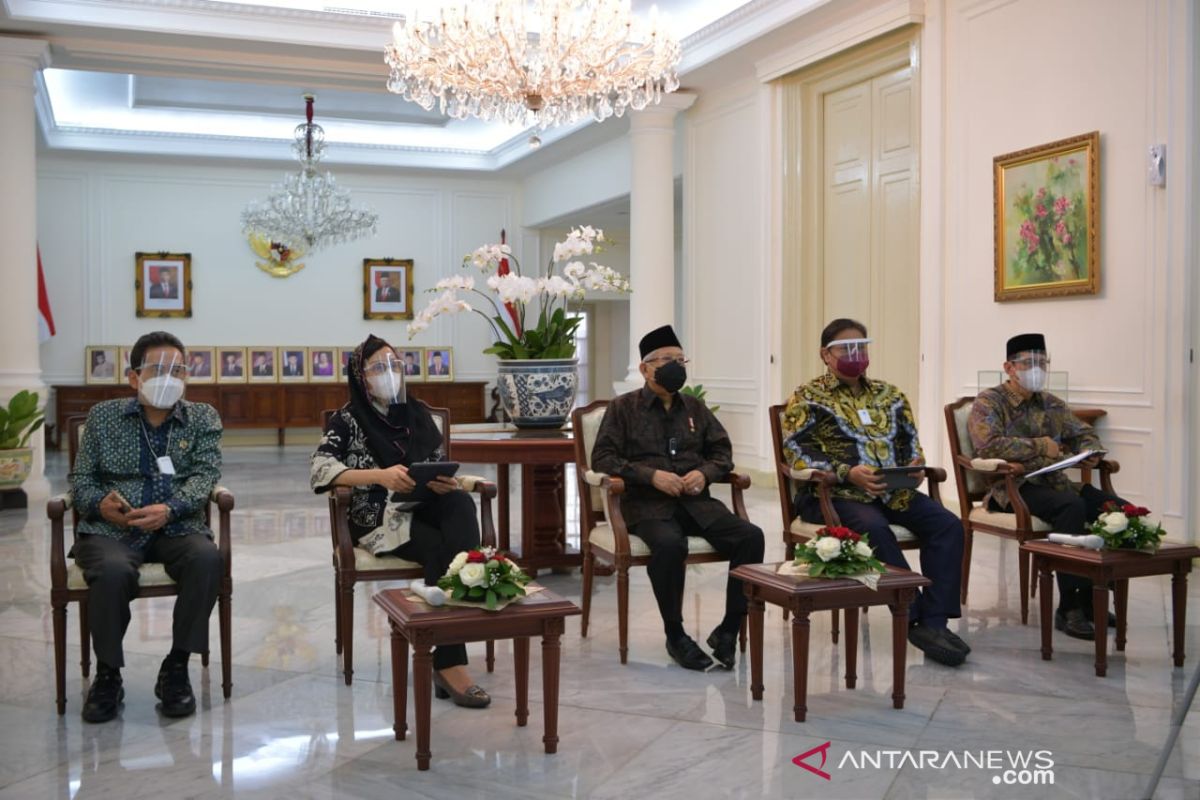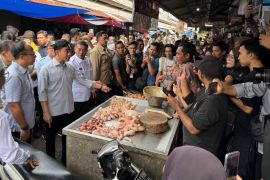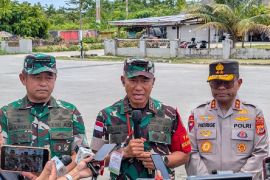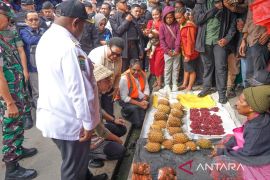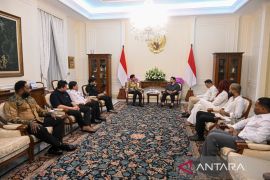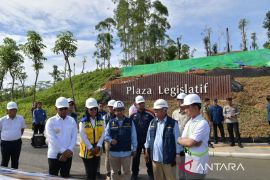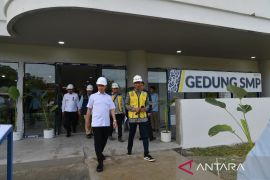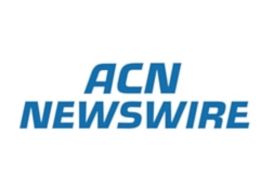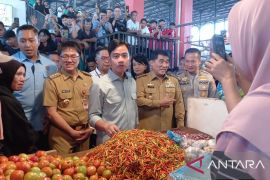"Halal certification for export products is expected to be interpreted by exporters as increasing the added value of their products, boosting competitiveness that leads to an increase in the export value of Indonesian halal products, and of course, it will make a positive contribution to Indonesia's trade balance," Amin stated at the Vice Presidential Palace, Jakarta, on Saturday.
Proper implementation of halal certification for export products can make domestically made products count in the global market, thereby broadening market access to halal products, the vice president affirmed.
"In addition, the halal certification program for export products will make Indonesian products count, increase global competitiveness, open wider market access, and attract demand from export destination countries," he expounded.
To facilitate halal certification of export products, the vice president remarked that an integrated service center will be formed in an industrial area, so that halal labeling can run quickly.
"Hence, in future, they will be able to avail other services and forms of convenience, including halal certification. Thus, they will encounter no difficulties in managing it," he explained.
Meanwhile, Coordinating Minister for Economic Affairs Airlangga Hartarto stated that a halal cluster will be formed in each industrial area to ensure halal-worthiness of the products, including the provision of halal certification.
"The existence of a halal cluster at one location is expected to make the halal certification easier and export-oriented. Hence, if it comes from a halal area, it is expected to increase sales," Hartarto noted.
The halal cluster, also referred to as the halal industrial area (KIH), is currently open to industries in the fields of food and beverage, clothing, as well as medicine and cosmetics. However, the halal cluster did not rule out the possibility of expanding to other industrial sectors, the minister stated.
Two halal industrial areas -- Modern Cikande Industrial Estate in Serang, Banten and SAFE n LOCK Halal Industrial Park in Sidoarjo District, East Java -- have, until now, been designated by the Ministry of Industry.
Meanwhile, four other industrial areas -- Bintan Industrial Area in Batam, Batamindo Industrial Zone in Batam, Jakarta Pulogadung Industrial Zone, and the Surya Borneo Industrial Zone in Central Kalimantan -- are still prepping to have a halal cluster. Related news: VP seeks world's largest halal producer tag for Indonesia
Related news: Indonesia should become major halal product exporter
EDITED BY INE
Translator: Fransiska, Azis Kurmala
Editor: Suharto
Copyright © ANTARA 2020
